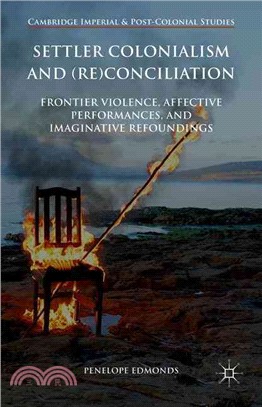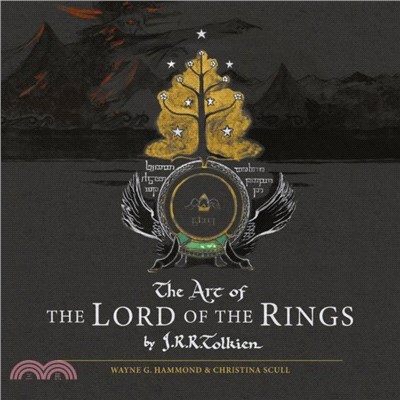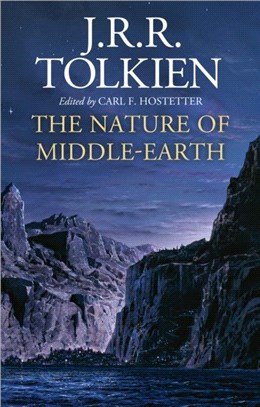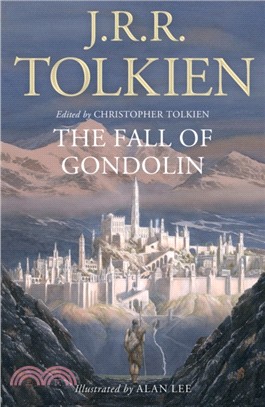Global Quotes (Highlights)
“Moving deftly between historical and ethnographic time and space, Penelope Edmonds acutely dramatises a political groundswell which, while global in its efflorescence, remains resolutely grounded in its local expressions. In this vividly narrated global survey, Edmonds shows how Indigenous resistance, embodied in performance, cuts through the complacency of settler hegemony. True to its object, this book keeps history uncomfortable.”
- Patrick Wolfe, La Trobe University, Melbourne, Australia
“Part exposé and part archive, this book is not afraid to explore the tensions between the enduring promise of reconciliation as a route towards cultural rapprochement and its intractable limits as a mode of postcolonial justice. Each richly detailed case history traces complex human investments in bridging or transforming that gap. Edmonds’ deft analysis of performance as fundamental to the negotiation process reveals an emerging trans-indigenous movement geared to change not only how we think about reconciliation, but also, and more importantly, how we go about doing it.”
- Helen Gilbert, Royal Holloway, University of London, UK
Global Long (Jacket) Desc
In contemporary settler societies, reconciliation has emerged as a potent and alluring form of utopian politics. This book examines the performative life of reconciliation and its discontents in settler societies. It explores the affective refoundings of the settler state and reimaginings of its alternatives and, in particular, the way the past is mobilized in the name of social transformation within a new global paradigm of reconciliation and the 'age of apology'. In search of a new emancipatory politics, the book takes particular account of Indigenous-led refutations or reworkings of consensus politics in public culture that directly confront the ongoing structural legacy of colonial violence. Taking case studies from the USA, Australia, and Aotearoa New Zealand the book traces the prehistory of reconciliation's present in settler states, a contested political process, which is especially salient where formal decolonization cannot occur. The dynamic process of drawing on the past to forge new alliances and imagined futures is a crucial aspect of the political realm – one that we are jointly acting out together; and it is worked out from the affective and overlapping spaces of heart and horror.
Global Author Bio
Penny Edmonds is Associate Professor and Australian Research Council Future Fellow in the School of Humanities, University of Tasmania, Australia. She is the author of Urbanizing Frontiers: Indigenous Peoples and Settlers in 19th-Century Pacific Rim Cities (2010); co-editor of Making Settler Colonial Space: Perspectives on Race, Place and Identity (2010) and co-editor of Conciliation on Colonial Frontiers: Conflict, Performance, and Commemoration in Australia and the Pacific Rim (2015).
























